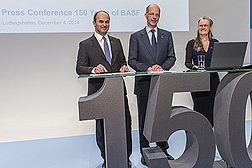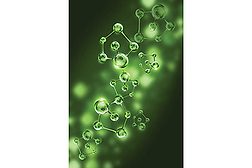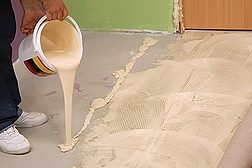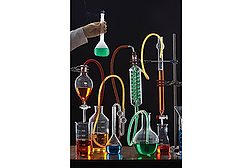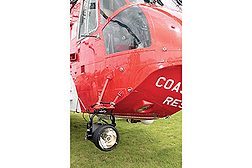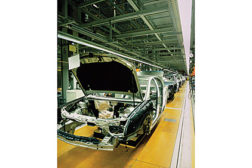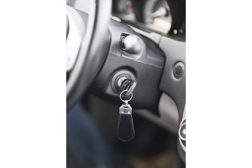Finished Adhesives and Sealants
Focus On: Chemicals Supplier Celebrates an Interactive Anniversary
BASF marked its 150th anniversary this year with a global interactive program focusing on energy, food and urban living.
April 1, 2015
Market Trends: Construction Chemicals Market is Building on Success
U.S. demand for construction chemicals like adhesives and grouts is expected to shift toward higher-value formulations and technologies.
April 1, 2015
Ask Dr. Dave
Can we speed up curing of an UV adhesive/sealant by using a full-spectrum bulb from the hardware store?
A black light would probably give better results than the full-spectrum bulb, but you will need a fairly high-intensity UV lamp.
April 1, 2015
Two-Part Adhesives and Application Equipment
Many different starting materials are available in the formulation of two-part adhesives, all of which will require a variety of mixing, dispensing, and application methods.
April 1, 2015
Using Rheology to Formulate Sealants
The insights gained from rheology can significantly accelerate sealant development and drive product differentiation.
April 1, 2015
Formation and Determination of Aldehydes in Amine Catalysts
An accurate analytical method can ensure that no or low concentrations of aldehydes are present in catalyst samples.
April 1, 2015
Adhesives at Work: U.S. Coast Guard Turns to Electrocoat Primer System
An eco-friendly aerospace primer saves time and weight while enhancing corrosion resistance.
April 1, 2015
Case Study
Adhesives at Work: Filters Reduce False Sealant Failures
Filtering can substantially reduce manual sealant inspection time, thus speeding up the automotive production line.
April 1, 2015
Adhesives at Work: Vacuum Dispensing of Ignition Coils - Sophisticated Technology Made Affordable
Choosing the right coatings dispensing machinery can help lower investment costs and reduce project planning times for automotive suppliers.
April 1, 2015
Keep the info flowing with our eNewsletters!
Get the latest industry updates tailored your way.
JOIN TODAY!Copyright ©2025. All Rights Reserved BNP Media.
Design, CMS, Hosting & Web Development :: ePublishing

